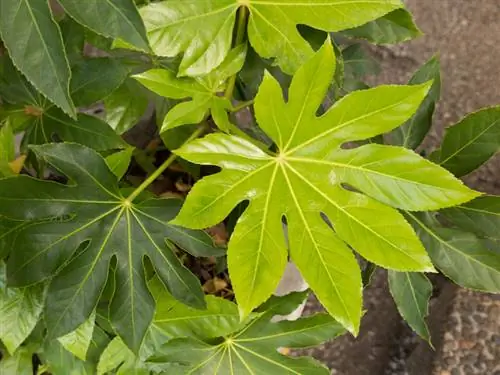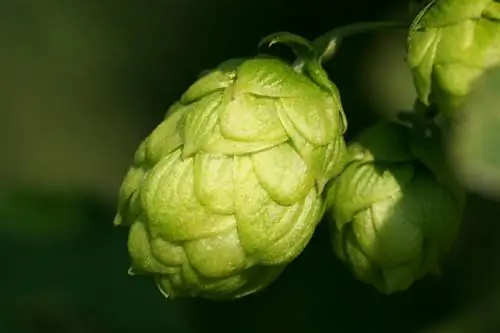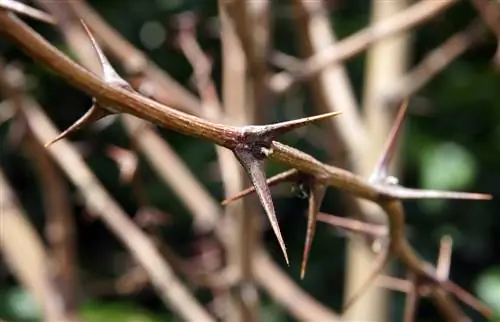- Author admin leonars@hobbygardeners.com.
- Public 2023-12-16 16:46.
- Last modified 2025-01-23 11:20.
Many palm trees that are grown indoors contain toxins, especially in the flowers but also in the leaves. The Areca palm, on the other hand, is one of the palm species that are not poisonous. However, caution is advised when caring for it, as this palm tree looks very similar to other unfortunately poisonous species.

Is the Areca palm poisonous to babies and pets?
The Areca palm is not poisonous and can therefore be safely kept in households with babies and pets. However, be careful not to purchase similar-looking, poisonous palm species and prevent access to leaves that may have been sprayed.
The Areca palm contains no toxins
The Areca palm is not poisonous and can therefore easily be kept in a household with a baby or pet.
However, there is a risk that you will confuse this type of palm with other palms. Some of these are very poisonous and should not be grown in an apartment with children and animals.
This mainly affects mountain palms, which look very similar to the Areca palm. Therefore, when purchasing, seek advice from an expert as to which type of palm tree you actually have.
Areca palms are frequently sprayed
Even if the palm trees themselves do not contain any toxins, the leaves should not get into the hands of children or pets. The plants on the market are often sprayed. If the baby, cat or dog chews on it, there is a real risk that toxic substances will enter the body.
Place palm trees in such a way that neither children nor pets can reach them.
Always clear away parts of plants that have fallen or been cut off immediately so that they do not become tempting.
Tip
The Areca palm grows quite slowly. It only grows 15 to 25 centimeters higher per year. Occasionally, ground shoots form that can be used for propagation.






